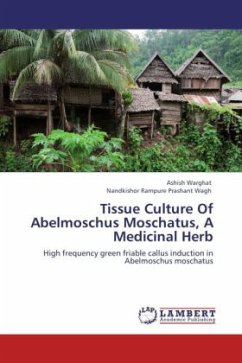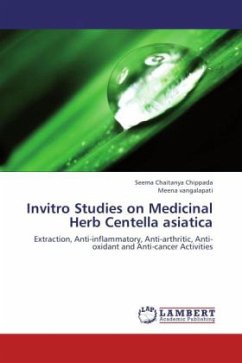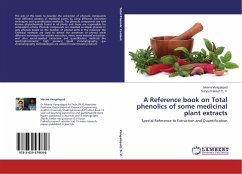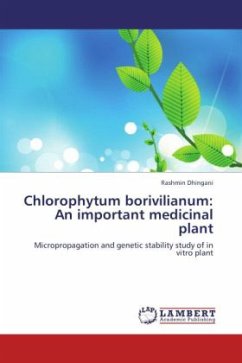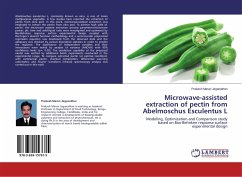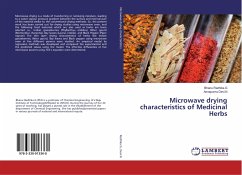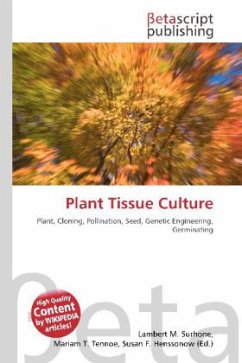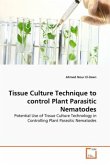Plant tissue culture is one of the most rapidly growing areas of biotechnology because of its high potential to develop improved crops and ornamental plants. With the advances made in the tissue culture technology it is now possible to regenerate species of any plant in laboratory. To achieve the target of creating a new plant or a plant with desired characteristics, tissue culture is often coupled with recombinant DNA technology. The techniques of plant tissue culture have largely helped in green revolution by improving the crop yield and quality. Since the time immemorial man has been closed involved in the improvements of plants to meet his basic needs. The conventional methods employed for crop improvement are very tedious and long time processes. Further, in the conventional breeding methods, it is not possible to induce desired genes to regenerate new characters or products. With the developments in plant tissue culture, it is now possible to reduce the time for the creation of new plants with desired characteristics.
Bitte wählen Sie Ihr Anliegen aus.
Rechnungen
Retourenschein anfordern
Bestellstatus
Storno

